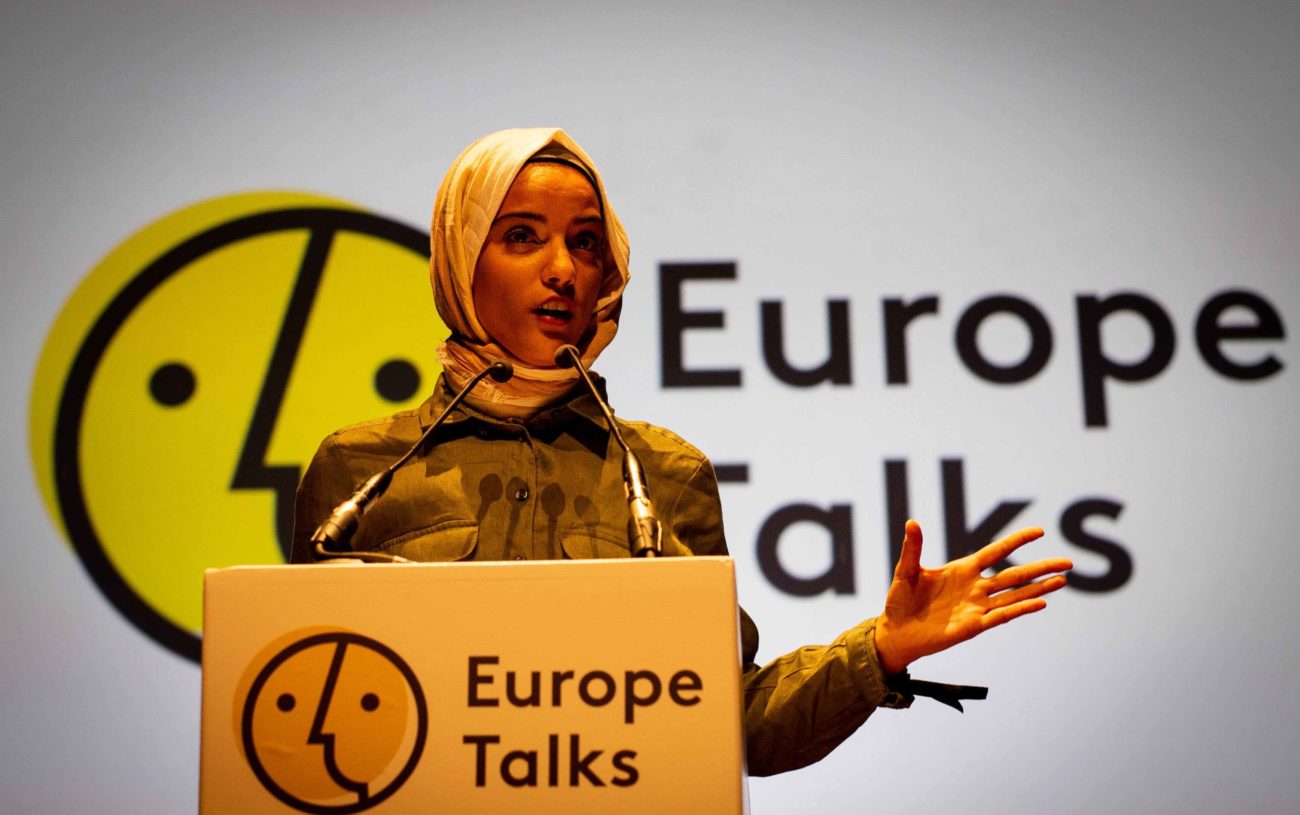| I thought that was a brilliantly economic use of words, a skill that generally eludes me. Marko would later reveal to me that he simply didn’t have time to answer “properly”, but I feel it describes his view perfectly.
We exchanged mails. I learnt that he is half-Bulgarian, which I was very interested in because of my great Bulgarian friends, whom I had first met before the fall of Communism, and with whom I’d met up last summer. He described himself as a “conservative libertarian” type. Instantly I started to build a picture, based on those few words. I thought of my Bulgarian friend Vasko. In the summer he often seemed consumed by anger at how he saw the world, fed by conspiracy theories; pro-Russia and prone to frequent remarks attacking the EU – which was especially odd coming from someone who had emigrated to Canada in 1990 and worked hard to become rich enough to charter a small helicopter to beat the traffic jams as he headed up the Black Sea coast with his family. I thought that Vasko would probably identify as “conservative libertarian”. I braced myself for hearing similar vews from Marko and figured that at least he might help me understand what had happened to my old friend. I stepped on board the comfortable Railjet train that now links Prague and Vienna so seamlessly, and four hours later I found Marko in front of the Karlskirche. Spring had arrived, and we agreed to walk and talk.
Marko set his stall out early, perhaps looking to get to what he thought would be the biggest difference between us. Immigration, he said, was the biggest issue he saw facing Europe. However as we started to discuss this, he very quickly added that he wasn’t remotely concerned about free movement of people within the EU. He thought that was a good thing. Because I had just finished Ivan Rogers “9 Lessons in Brexit” I realized that Marko was illustrating one of Rogers’ key points. When the British talk about immigration, they are as concerned about an influx of Poles as they are an influx of Syrians. But hardly anybody in mainland Europe complains about free movement within in the EU to me, and Marko certainly wasn’t going to be the first. I said that I agree that the EU external border should be strengthened, better policed and that it seems wrong that Italy and Greece were left by the other countries to face the surge of immigrants almost unaided.
It seemed like from that point on, any chance of tension in the discussion disappeared.. Marko told me that he likes a robust debate, likes to provoke sometimes, but we actually struggled to find things to disagree on after that. Perhaps we were both on best behavior. Perhaps that is the point of the exercise. We both understood that this would be an exercise in listening. When you go into a discussion in that “mode” it is much easier to find common ground.
For me as a Brit there was another valuable lesson. We see all the European questions through the prism of Brexit. But for someone like Marko, Brexit is baffling, counter-productive. I explained what I thought were some of the drivers of it, but it was like apologizing for a drunken relative at a party. I felt glad that “home” that night was an easy train ride away, and not a flight back to the island.
We drifted amiably into discussion of Austria, Bulgaria, Russia, the Czech Republic. Despite being proud of the Russian roots in his family, Marko clearly had no more time for Putin than I do. So being a “conservative libertarian” does not automatically equate to being pro –Russia in worldview. Another relief to discover. In fact I am now probably going to be a lot less suspicious of people who identify as conservative libertarian before they have even started to talk. Marko is 25 but seems to in some ways carry the weight of a 35 year-old. He deplores the apparent obsession with a hedonistic life style of his student peers. I might believe that in a few years time most of them will be different, so he shouldn’t worry about them too much now; but it’s healthy if some of that age display some sense of their longer term goals on this planet, to marry and raise a family.
And in the end Marko kindly showed me a few Vienna sights that I had not seen before, shepherded me back to the gleaming and comfortable new main railway station and we wished each other good luck and parted ways.
My over-riding feeling now, some days after this meeting, is that it has pushed me further down the road of being a European. I was able to vote in the European Parliamentary elections, and I did so for the reasons that they exist, to send representatives who will constructively give a Czech voice to the discussion about the future shape of the EU; and not, as it sadly was in the UK, as a proxy second Brexit referendum. In the heart of Europe, everyone is sick of hearing about our bloody Brexit. They frankly have more important things to think about.
P.S. We were mentioned in the FT’s report on the day.
Lead photo: Zeit Online, in My Country Talks
|
